You've painted this story with an interesting but implausible villain. An entire nation's pride wounded by a boy barely old enough to drive a car? I don't think so. Allow me to propose a more complex and convincing villain.
Omar Khadr, a 15 year old teenager, is taken into US custody after he is found in the rubble of a building that had been destroyed in a battle. Discovering they have a Canadian minor on their hands, the US — believing him to be a source of information — convinces skeptical Canadian authorities not to petition for his return to Canada. The US assures Canada that they would handle everything having to do with him. Canada is hesitant, but agrees, believing that justice will eventually be served. But as the years go by, they began to feel more and more uncomfortable about the situation. Canadians notice he isn't being charged or brought to trial. They find out that what the Americans are doing is using controversial enhanced interrogation techniques on a 15 year old boy, again and again, all for the sake of the War on Terror.
But Khadr is not a terrorist. His age means that Khadr was never in a place to shape his own destiny. While most kids at 15 are pondering their next afterschool activity, Khadr was being taught to handle AK-47s and make improvised explosive devices. From a very early age he was made to live in some of the most dangerous areas in the world, and fed with much extremist nonsense. As many teens would, he did exactly what he was told by his parents. Details of his torture by American military and civilian officials at both Bagram and Guantanamo soon paint a vivid and disturbing picture of what he is subjected to, as uncertainty begins to build over whether in fact he committed any crime at all. Canadian officials were greatly worried, leading to conversations which must have resembled something like the following:
(Canada) "Hey, remember when you took all those prisoners in Afghanistan, one of them was a Canadian boy…remember you told us you'd handle it.... well there still hasn't been a trial. How can you hold him for that long, are you guys sure doing that is legal?"
(USA) "Yeah well these things take time. And dont worry about a thing. Its all legit."
(Canada) "Ok well, are you sure? None of your laws actually say holding him for this long without a trial is ok to do."
(USA) "Yeah, umm well the thing with that is well, we know our laws….and besides, all the info we get from him we're sharing with you so why complain? History will eventually say what were doing here is ok. You dont need to worry."
But the worrying continued. Lawsuits were beginning to be filed, and eventually something would need to be done about Khadr. Instead of the long-promised trial, a plea bargain was offered. It stated that Khadr would be released back to Canada to serve an amount of time, but first he had to confess to everything, including brand new charges that he threw a grenade which killed a medic — a charge which before had never been put to paper. Realizing this was his only way out, he agreed. Unfortunately every fact in the case would be prevented from coming to light because there would never be a trial. This is what the US always wanted. That way, they can tell the story any way they want to.
But not Canada. It's now come to light what Canada agreed to all those years ago. All the while assuring its citizens of its belief in jurisprudence, Canada instead sat on its hands and did nothing while Canadian citizens sat in jail. Canada took its citizen's tax monies, money which could have been spent on building hospitals and improving roads, and spent it on the tacit support of American detention centers for the torture of a teenaged prisoner at Guantanamo. And despite American assurances to the contrary — these actions were never declared legal. It turns out those Canadian worries years ago were justified, because they involved actions which go against the Canadian Charter. There were legal scholars who foresaw Canada's agreeing with the confinement and torture of a child as an issue which would likely come back to haunt them, but those concerns were ignored.
The Canadian government assures its citizens if they are detained and charged with a crime, they would all have access to a fair and impartial trial. Canadian jurisprudence assures Canadian citizens they will be presumed innocent until proven guilty. We now know this isn't always the case. And now everybody is upset at Canada having to pay for its mistake. Think how differently things would have gone, if instead of the previous conversation, the following interaction had occurred between the USA and Canada:
(USA) "We found a Canadian citizen in Afghanistan. We'd like your permission to keep him. He may prove useful."
(Canada) "We're going to have to say no to that request. You see, since Khadr is a Canadian citizen, and especially because he is not an adult, it would be best if we took charge of what happens to him. Its our responsibility in the end, not yours. As there is no precedent for prosecuting child soldiers, we see no need to keep him in Guantanamo. Kindly return him at your earliest convenience. Thank you."
If only the Canadian government had done its job and abided by its own legal doctrines the whole mess would have never happened. There would have been no civil suit and Canadian taxpayers would have had $10.5 million more to spend on Moose shirts, maple syrup and hockey sticks.
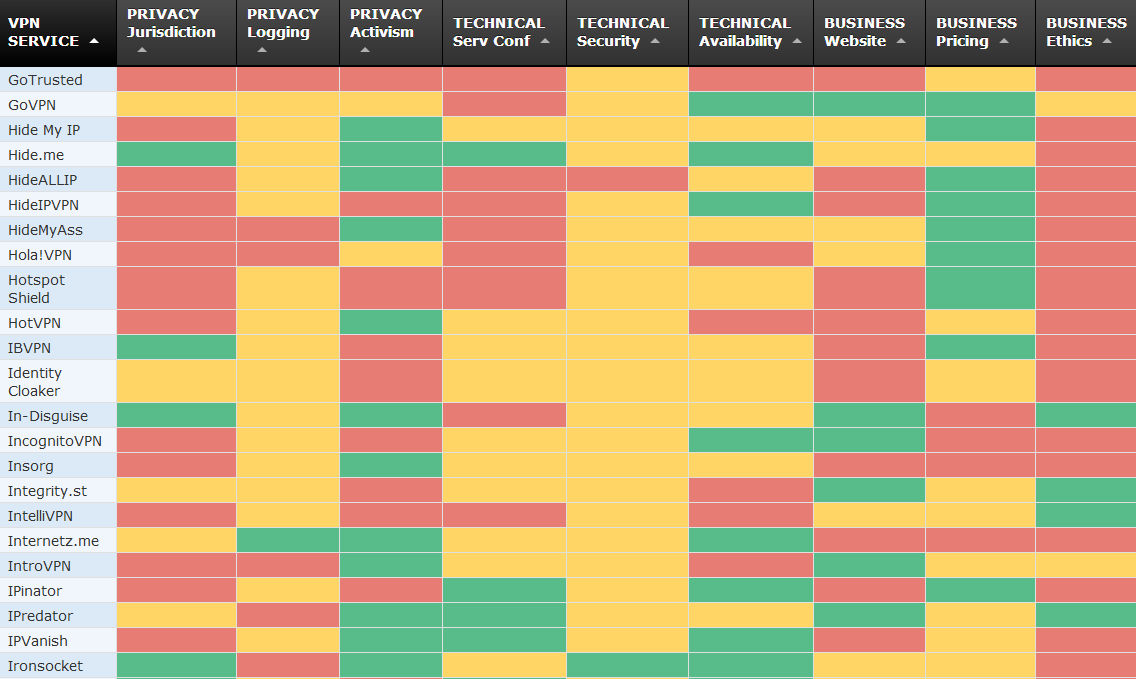
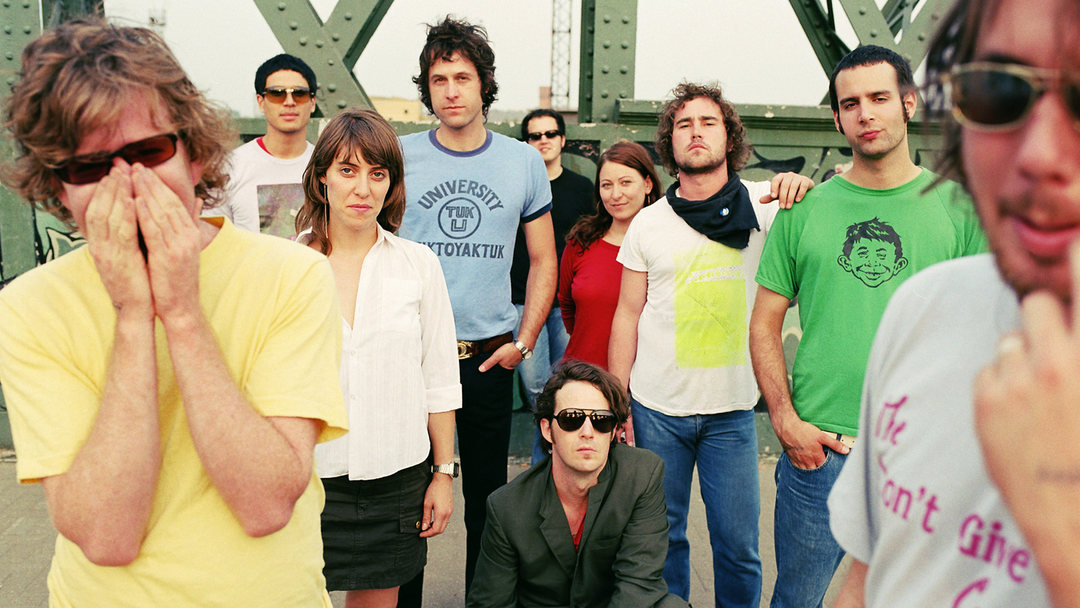



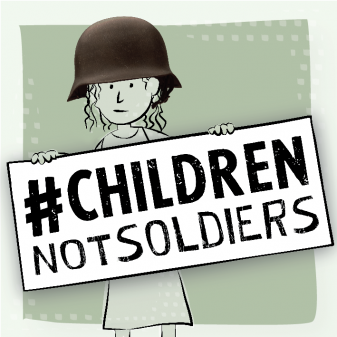



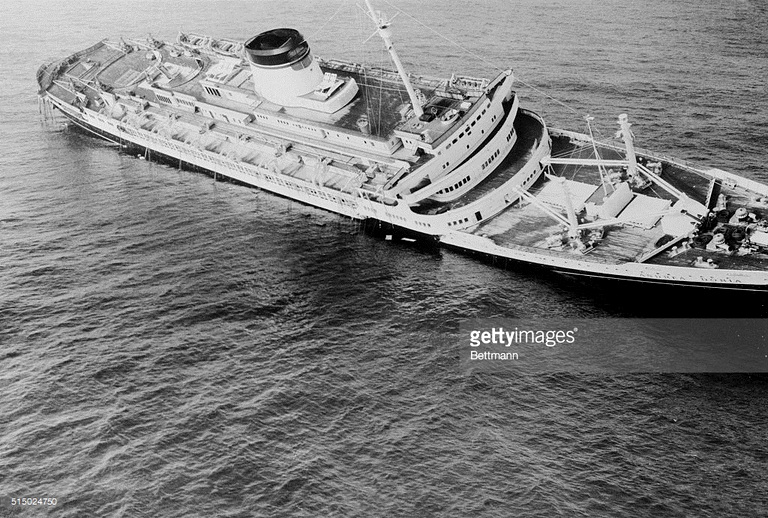
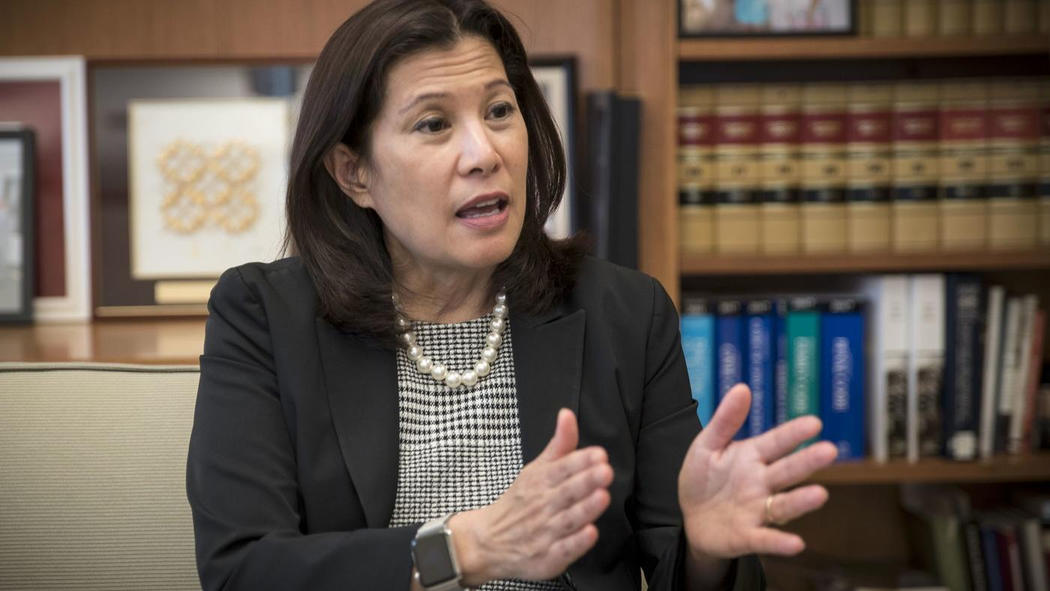
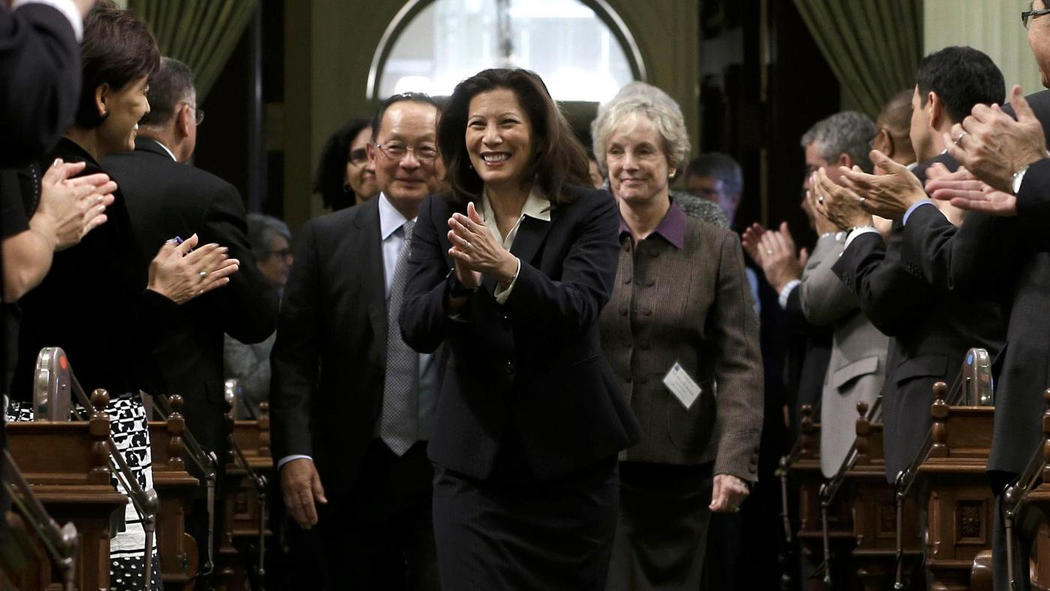
 Minor Victories
Minor Victories